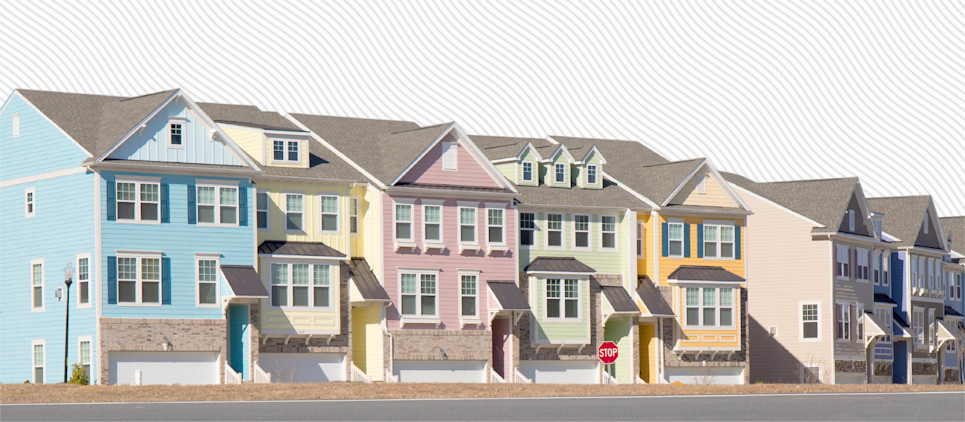What is a homeowners association (HOA)?
If you buy a home with an HOA, you’ll want to know the ins and outs, especially since you’ll automatically become a member. This article will give you an overview of how HOAs typically work.

Table of contents
What is a homeowners association (HOA)?What does an HOA do? What are HOA fees?The pros and cons of HOAsWhat is a homeowners association (HOA)?
An HOA is an association established by real estate developers in the US to develop, manage, sell, and administer the day-to-day operations of a community of homes, which can range from a condominium to a planned community to a subdivision.
HOAs also create and implement the rules for the group of homes and their residents. Some HOAs are pretty restrictive while others offer more flexibility. Either way, all members must pay the mandatory HOA fees to keep things running smoothly.
What does an HOA do?
While established by developers, HOAs are typically run by its community of residents. The organization often establishes a board of directors, chosen by election, to enforce its rules. These bylaws, listed in governing documents known as a Declaration of Covenants, Conditions, and Restrictions (CC&Rs), may include details about penalties members will face if they don’t comply with the HOA’s rules.
An HOA is not considered a for-profit organization, as its primary duty is to safeguard and enrich the value of its community. That is, any money it earns goes back to the organization.
The association’s financial obligations comprise expenses for property maintenance of shared grounds, facilities, and amenities, and its primary source of income comes from HOA fees that are charged to community residents on an ongoing basis.

What are HOA fees?
Members of an HOA are required to pay HOA fees every month. These fees are designated for general maintenance and upkeep of common areas and shared amenities. They also cover everyday utilities like garbage and snow removal, electricity, water, and sewage, as well as expenses like insurance, HOA management costs, and reserve contributions.
HOA fees vary and depend on the number of amenities, plus any scheduled enhancements, which at times drive up costs. Generally, fees range from $200 to $500 per month and are based on unit size.
While a portion of these fees go to a reserve fund for large-scale maintenance, if the reserve fund can’t cover everything, special assessments may become necessary. Special assessments are extra fees for things like unexpected repairs.
HOA boards draft a yearly budget to determine fees. If these fees are not paid on a timely basis, the HOA board or management companies can charge late fees or implement penalties like restricting use of the common areas.
You’ll want to consider the cost of an HOA when determining rent. While many management companies include HOA fees as part of their rent, sometimes tenants are required to pay dues to the association directly.
The pros and cons of HOAs
Here are some advantages to HOAs:
Their expectations are clear. With set rules and regulations that are clearly defined, HOA communities know what’s expected of them.
They safeguard property value. That isn’t easy to do when you buy a home.
They make life richer. The amenities, facilities, and services facilitated by HOAs can boost your quality of life.
These are the downsides of belonging to an HOA:
Their rules are set in stone. If you’re looking for flexibility, you’ll need to look elsewhere.
They can be strict. An HOA’s rules and regulations can be restrictive and they can be imposed without impunity.
Their people can cause headaches. Sometimes the HOA board or its board members may be incompetent and hard to deal with.
How an HOA manages and enforces its rules may be acceptable to some people, but not to you. That’s why being honest with yourself—while weighing the pros and cons—is the best way to decide whether to join one.
Bungalow housing is made for roommates. We handpick homes that are move-in ready and perfect for shared living, and with roommate vetting and compatibility matching, we help you find people you actually want to live with. Find your Bungalow.
Ready to find your next home?
Move-in ready homes and a built-in community so you can feel at home, together — wherever you are.
Suggested articles



